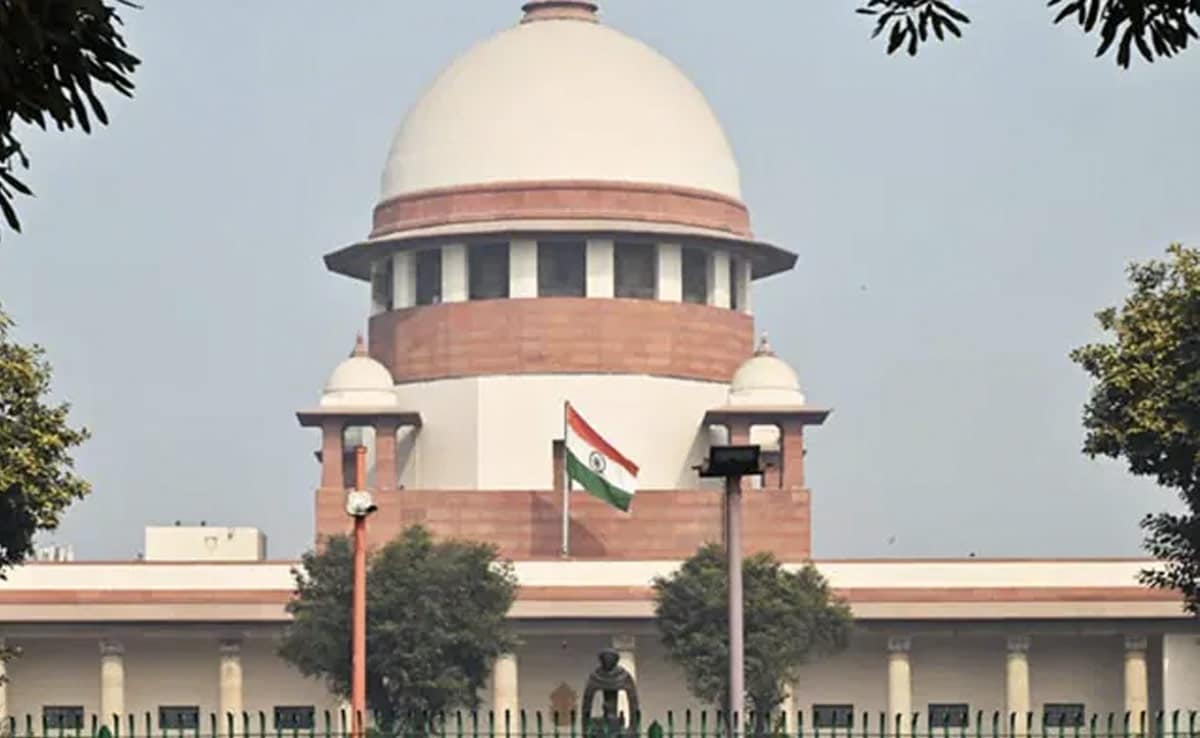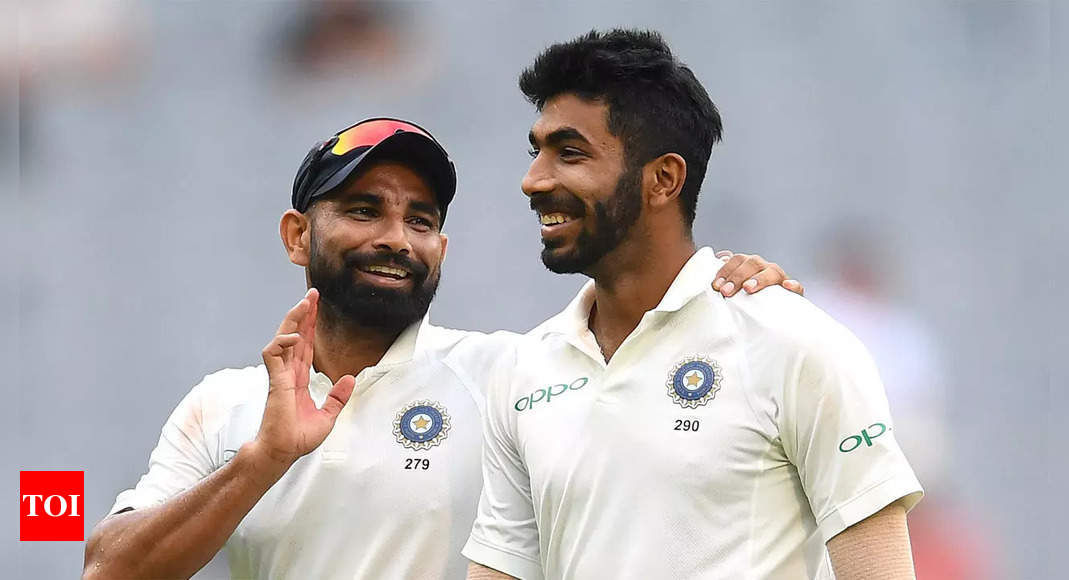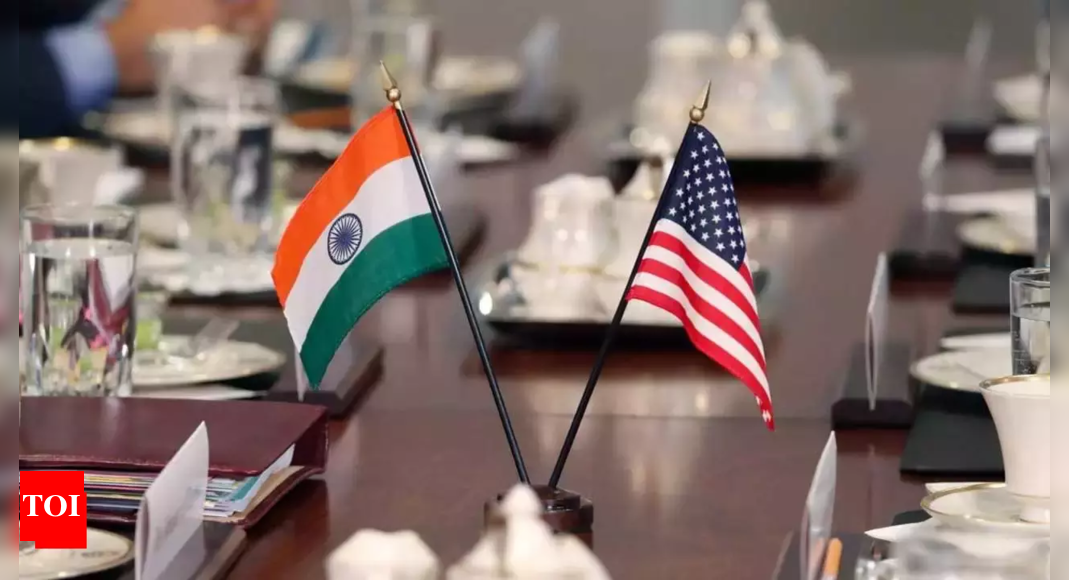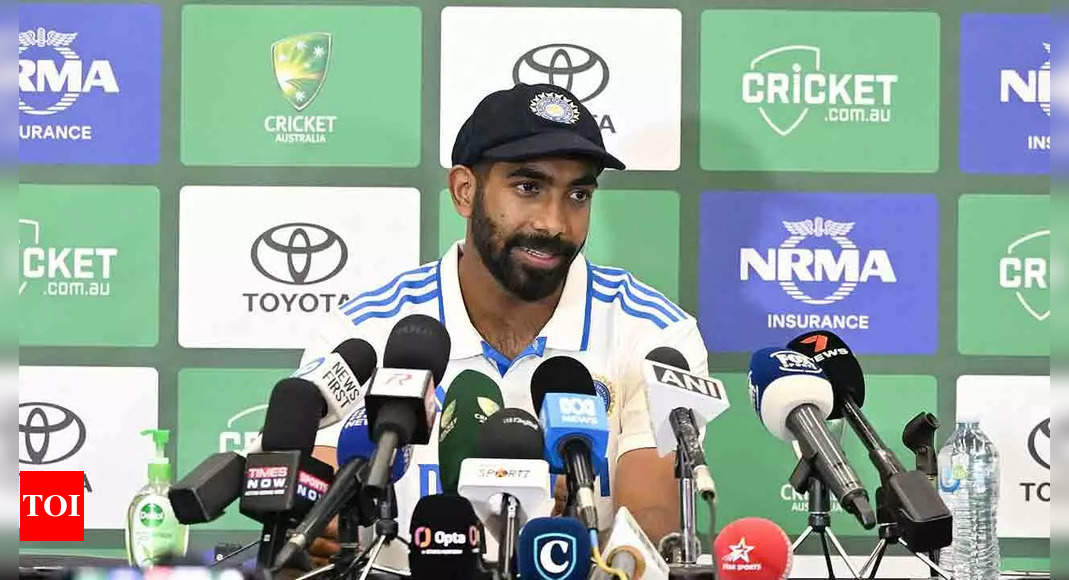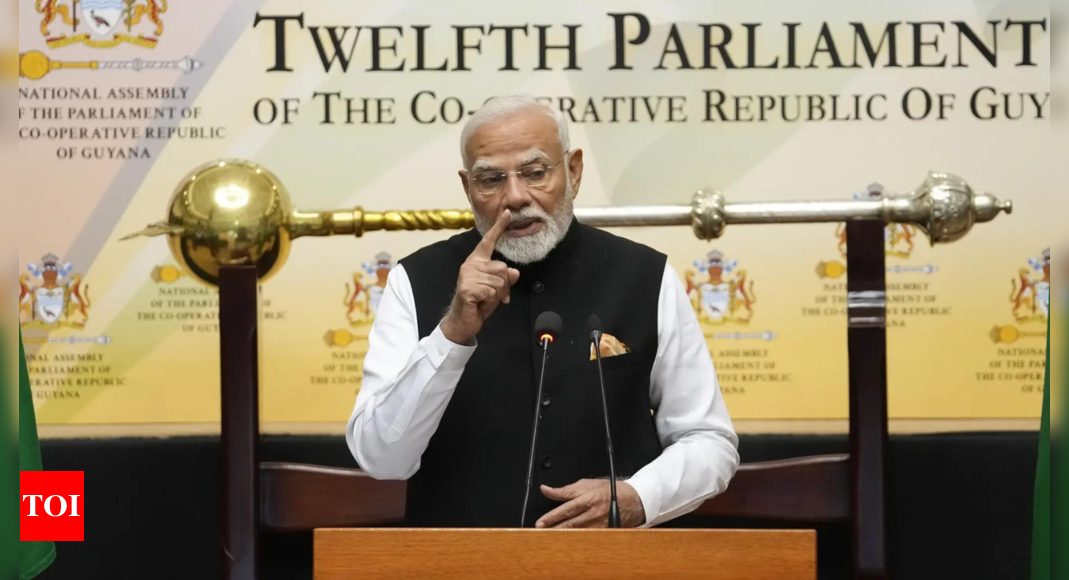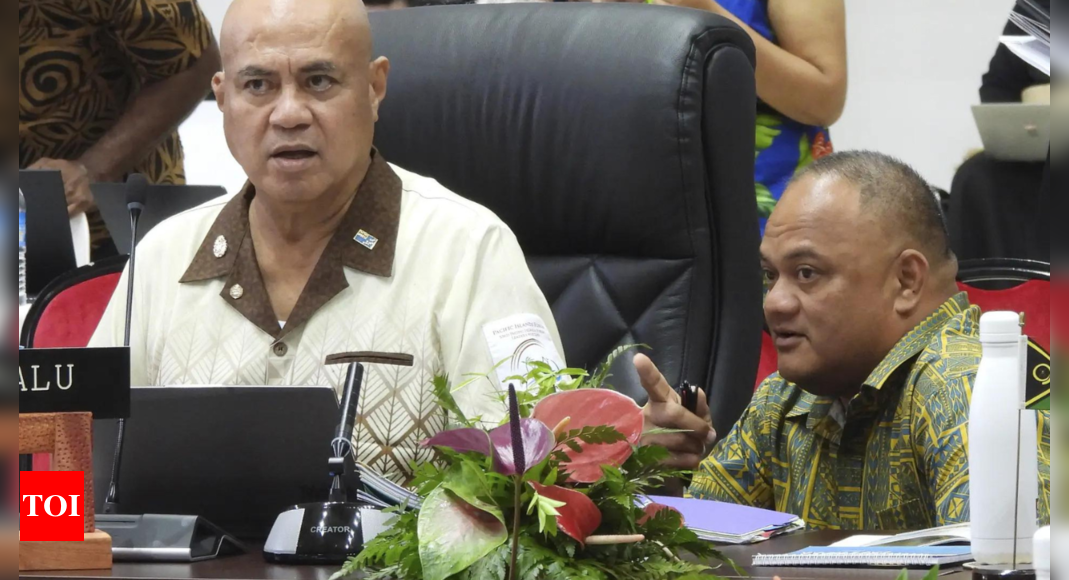
NUKU’ALOFA: Solomon Islands aired reservations Friday about a landmark Pacific policing deal brokered by Australia, saying it should not preclude them from working alongside newfound ally China.
Security was a focal point at this year’s Pacific Islands Forum, which brought together an unwieldy mix of close US partners, warm China friends, and those taking a dimmer view of the unfolding great power rivalry.
US-ally Australia convinced Pacific neighbours to back a landmark plan giving it a greater role in training the region’s scattered and stretched police forces.
Although hailed as a “godsend” by nations such as Fiji, others closer to Beijing were far more reluctant.
“There is one thing that is not so much nagging us, but it’s of concern,” Solomon Islands foreign minister Peter Agovaka told AFP.
“The only thing that we do not agree to, is that it imposes conditions on our own domestic security.
“I don’t think another sovereign state should put conditions on another sovereign state.”
Such concerns were fanned by an unguarded “hot mic” exchange in which Australia’s prime minister joked to a top US diplomat about going “halfsies” on the cost.
The forum’s final declaration released Friday gave hesitant nations the power to decide how involved — or not — they would be in the proposal while acknowledging the need for further “national consultation”.
– Power play –
Agovaka said offers of policing help from Australia had come with strings attached in the past.
“Conditions like not allowing our police officers who are trained under Australia to be again trained under the Chinese police.”
Leaders on Wednesday unveiled the plan to create up to four regional police training centres and a multinational crisis reaction force, backed by $271 million in initial funding from Australia.
Under the plan, a corps of about 200 officers drawn from different Pacific Island nations could be dispatched to regional hot spots and disaster zones when needed and invited.
Canberra and Washington were caught napping in 2022 when Beijing signed a secretive security pact with Solomon Islands — the details of which still largely remain under wraps.
China now maintains a small but conspicuous police presence in the country, sending a revolving cadre of officers to train locals in shooting and riot tactics.
US territories Guam and American Samoa were elevated to associate members of the forum, a move agreed to despite the deep reservations of Solomon Islands.
– Membership spat –
The Pacific leaders also rebuffed Beijing-backed calls for the forum to break ties with Taiwan, saying in their final statement that it would continue a decades-old policy of engagement.
Solomons Foreign Minister Agovaka said members should be “sovereign states”, not “states that are governed by another jurisdiction”.
“American Samoa and Guam are territories of the United States.
“So sometimes we are uncertain if they are speaking for Guam, for American Samoa, or for the United States.”
He confirmed the Solomons had been lobbying behind the scenes to downgrade Taiwan’s participation in future summits.
China claims self-ruled Taiwan — which has its own government, military and currency — as part of its territory.
Pacific leaders also scored a small win on the issue of New Caledonia, where proposed electoral reforms earlier this year stoked deadly unrest.
Indigenous Kanak fear the voting reforms could crush their dreams of independence, a cause supported by many of the bloc’s 18 members.
A Pacific delegation plans to embark soon on a fact-finding mission to the riot-struck French territory, which is also a full forum member.
But they have yet to agree on a date and duration for the visit.
Security was a focal point at this year’s Pacific Islands Forum, which brought together an unwieldy mix of close US partners, warm China friends, and those taking a dimmer view of the unfolding great power rivalry.
US-ally Australia convinced Pacific neighbours to back a landmark plan giving it a greater role in training the region’s scattered and stretched police forces.
Although hailed as a “godsend” by nations such as Fiji, others closer to Beijing were far more reluctant.
“There is one thing that is not so much nagging us, but it’s of concern,” Solomon Islands foreign minister Peter Agovaka told AFP.
“The only thing that we do not agree to, is that it imposes conditions on our own domestic security.
“I don’t think another sovereign state should put conditions on another sovereign state.”
Such concerns were fanned by an unguarded “hot mic” exchange in which Australia’s prime minister joked to a top US diplomat about going “halfsies” on the cost.
The forum’s final declaration released Friday gave hesitant nations the power to decide how involved — or not — they would be in the proposal while acknowledging the need for further “national consultation”.
– Power play –
Agovaka said offers of policing help from Australia had come with strings attached in the past.
“Conditions like not allowing our police officers who are trained under Australia to be again trained under the Chinese police.”
Leaders on Wednesday unveiled the plan to create up to four regional police training centres and a multinational crisis reaction force, backed by $271 million in initial funding from Australia.
Under the plan, a corps of about 200 officers drawn from different Pacific Island nations could be dispatched to regional hot spots and disaster zones when needed and invited.
Canberra and Washington were caught napping in 2022 when Beijing signed a secretive security pact with Solomon Islands — the details of which still largely remain under wraps.
China now maintains a small but conspicuous police presence in the country, sending a revolving cadre of officers to train locals in shooting and riot tactics.
US territories Guam and American Samoa were elevated to associate members of the forum, a move agreed to despite the deep reservations of Solomon Islands.
– Membership spat –
The Pacific leaders also rebuffed Beijing-backed calls for the forum to break ties with Taiwan, saying in their final statement that it would continue a decades-old policy of engagement.
Solomons Foreign Minister Agovaka said members should be “sovereign states”, not “states that are governed by another jurisdiction”.
“American Samoa and Guam are territories of the United States.
“So sometimes we are uncertain if they are speaking for Guam, for American Samoa, or for the United States.”
He confirmed the Solomons had been lobbying behind the scenes to downgrade Taiwan’s participation in future summits.
China claims self-ruled Taiwan — which has its own government, military and currency — as part of its territory.
Pacific leaders also scored a small win on the issue of New Caledonia, where proposed electoral reforms earlier this year stoked deadly unrest.
Indigenous Kanak fear the voting reforms could crush their dreams of independence, a cause supported by many of the bloc’s 18 members.
A Pacific delegation plans to embark soon on a fact-finding mission to the riot-struck French territory, which is also a full forum member.
But they have yet to agree on a date and duration for the visit.




